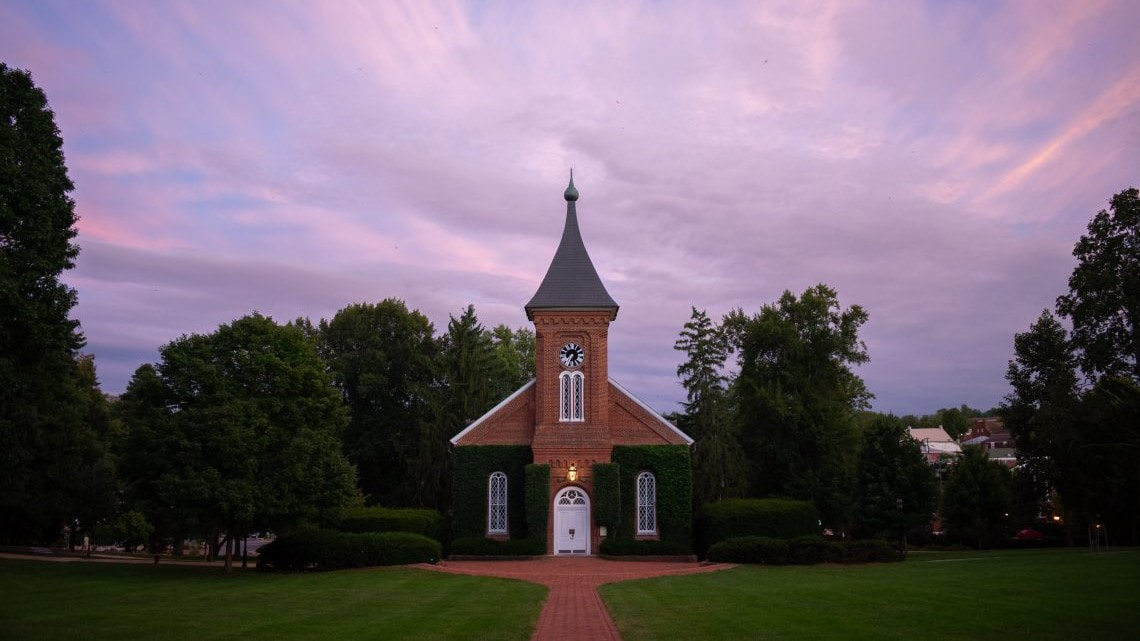|
Mr. Mark Atkins’s essay of 26 Sept. 2023, ‘What Is the South? What Is Dixie?,’ contains many fine passages, which is not unusual for things written by him. There is one that is cause for concern, however:
The land is undoubtedly an important factor in defining Southernness, but this passage makes something more of it than it ought to. The land in this telling has been transformed into some kind of dark, brooding deity that we must struggle with to receive a blessing, and along with the blessing, wounds. Mr. Atkins has retold the story of Jacob wrestling with God, replacing Jacob with Dixie and God with Land:
Further, it is ultimately not something external that we struggle with (the land), but something internal, sin. That is to say, the sins of men and women are the cause of the rebellion of the creation against mankind. When sinfulness is quelled in man, then harmony between them is restored. There are numerous instances of this throughout Church history in the lives of her saints. We will look at only a couple, for the sake of brevity, from the life of St. Cuthbert of Lindisfarne (+687) by another English saint, St. Bede of Wearmouth-Jarrow Monastery (+735). In his Ecclesiastical History of the English People, St. Bede writes,
Now, supposing a land full of Christian holiness in which there is little struggle with the land, would that people be bereft of a rich culture because of that absence? Certainly not! But what would be the source of culture in such a place? Just what it has been in every other place – the religion of the people, the Christian Faith. The country of Georgia, which we have mentioned before in some past essays, is a wonderful testimony to the culture-building nature of Christianity. Georgia was baptized into the Orthodox Church under the holy King Mirian in the 4th century, about the year 324 A. D.; she has not departed from the Church despite numerous brutal assaults upon her by the enemies of Christ. During St. Mirian’s reign, we see a Christian culture in its early formation:
As Southerners, we adore the land of Dixie, which provides us our sustenance, in which rest the bodies of our departed forefathers, from which grow our beautiful live oaks, white oaks, azaleas, and so many others, upon which gallop our half-mythical horses. The theme of land appears over and over again in our poems, in speeches, etc. But let us not claim more for it than we ought. True and lasting culture is born from worship of the Holy Trinity, the same Holy Trinity that King Mirian enjoined his son to adore – not Mr. Atkins’s trinity of family, People, and Land, but rather the Father, and the Son, and the Holy Ghost. It is He Who sustains and protects and enriches a Christian people’s culture, if they are willing to co-operate with Him, as the histories of Georgia and other Christian countries attest. The land will always be a large part of that culture, but we must be wary of taking a part and making it into the whole.
2 Comments
Perrin Lovett
10/16/2023 04:37:11 pm
The Holy Trinity has primacy, period. However, I think under Triune God, "family, people, and land" is an acceptable, even mandated ontological sub trinity. Go, Mark and Walt! And, if it pleases Him, God save the South!
Reply
Walt Garlington
10/18/2023 09:09:24 am
I've got no problem with family, people, land provided they remain subordinate to the Holy Trinity.
Reply
Leave a Reply. |
AuthorWalt Garlington is a chemical engineer turned writer (and, when able, a planter). He makes his home in Louisiana and is editor of the 'Confiteri: A Southern Perspective' web site. Archives
July 2024
|

